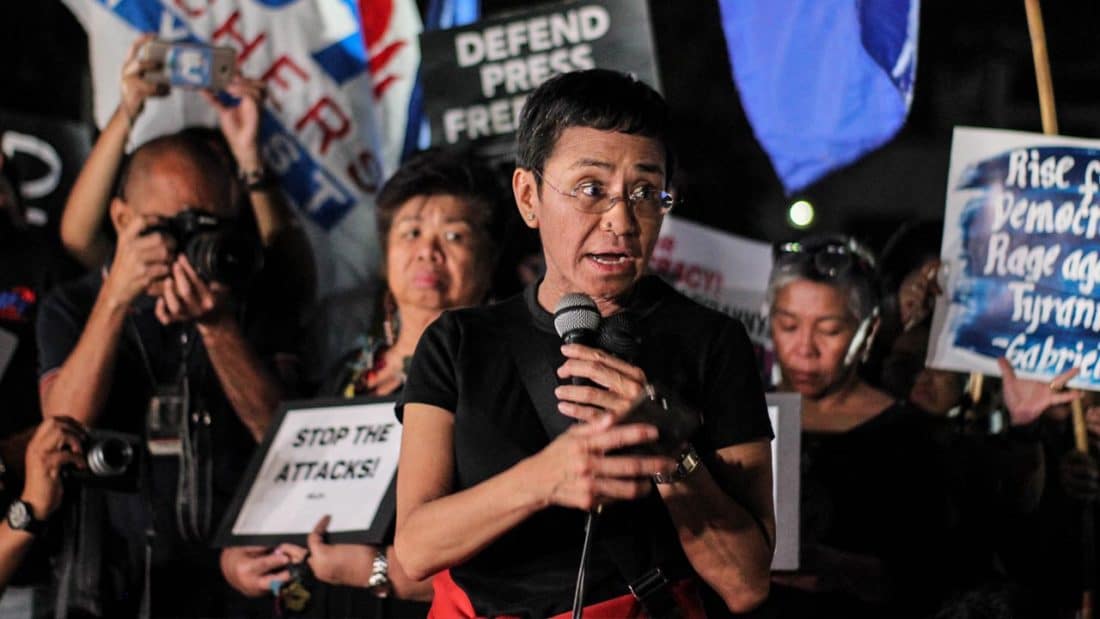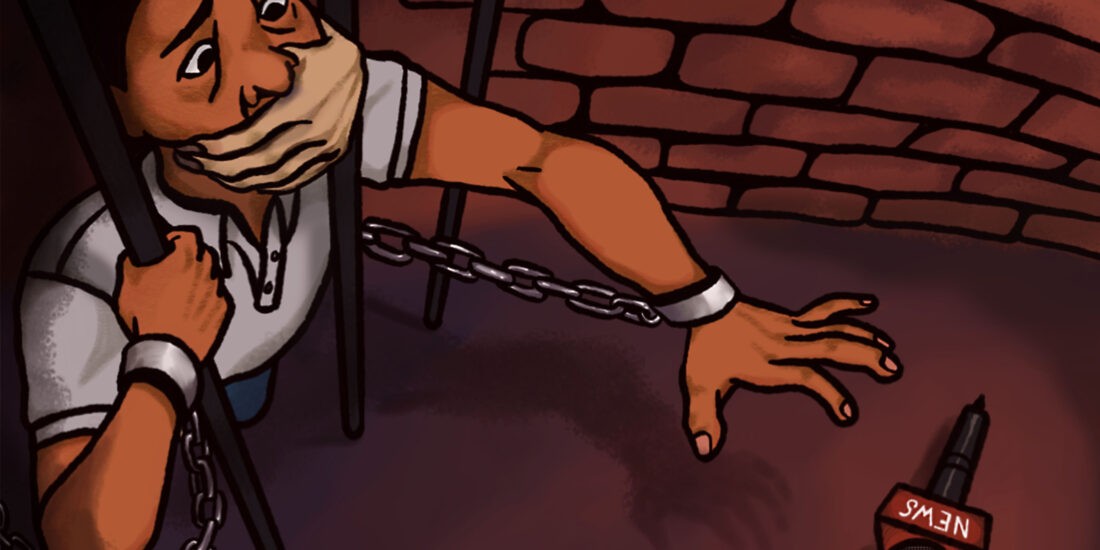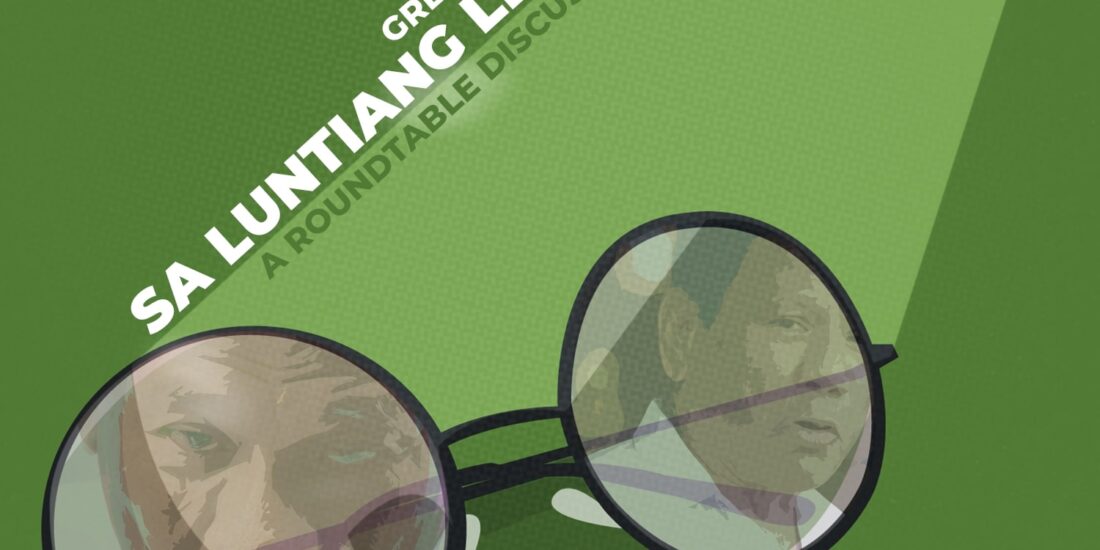EXPLAINER: Rappler’s cyber libel case, the verdict, and press freedom
The whole world watches as Judge Rainelda Estacio-Montesa hands down the verdict for the cyber libel case involving Maria Ressa, Reynaldo Santos Jr., and Wilfredo Keng, a businessman. Keng, who filed suit about a “defamatory” article published back in May 2012, complained about how the article linked him to a “shady past”, and how it did not observe “the ethical standards of journalism.”
Following the conviction, Ressa and Santos were sentenced to imprisonment ranging from six months and 1 day, up to six years. Post-conviction bail, however, were allowed for bailable offenses.
But their conviction was only the beginning. In a closer look, the verdict itself was criticized for its nature and the process leading up to it, where journalists all over the world—not just the Philippines—fear how the verdict sets a major blow to press freedom and a dangerous precedent for cyber-libel cases to come.
Cyber libel – Defined
- According to the verdict, Ressa and Santos are guilty of violating Section 4 (c)(4) of Republic Act No. 10175, or the Cybercrime Prevention Act of 2012.
- It also adopts the definition and elements of libel as defined in Article 355 of the Revised Penal Code, which are as follows:
- The allegation of a discreditable act or condition concerning another;
- Publication of the charge;
- Identity of the person defamed;
- Existence of malice
- In addition to the four (4) aforementioned elements, it has also been stated that the act “must be committed through the use of a computer system or any similar means […]”
- Libel was also defined as “the public and malicious imputation of a crime, or of a vice or defect, real or imaginary, or any act, omission, condition, status, or circumstance fending to cause the dishonor, discredit, or contempt of a natural or juridical person, or to blacken the memory of one who is dead.”
Key points of the verdict
- First element: the Court declares the article defamatory. Several quoted parts of the article was considered to “ascribe unto Keng commissions of crimes such as drug smuggling, human trafficking, and murder which tends to dishonor, discredit, or put him in ridicule.”
- Second element: Although the article was originally published on May 29, 2012, the courts ruled the article as a form of “republication”, after it was later updated on February 19, 2014.
- Third element: As Wilfredo Keng was already named in the article, his identity as the person defamed was also established.
- Fourth element: The Court cites the lack of verification, inability to publish Keng’s side of the story, and the republishing of the said libelous article as “malice”.
- Fifth element: The article was published through a computer system (Rappler website), which falls under the grounds for cyber-libel.
- Rappler Inc. was declared NOT liable to pay the fine.
In defense
Following the verdict, several counter-points were also brought into light:
- The Cybercrime Prevention Act was signed on September 12, 2012. The article in question was originally published on May 29, 2012, which puts it outside the scope of the Cybercrime Law.
- On the matter of “republication”. No substantial changes were made into the article after its recent update: save for the typographical error “evation” that was corrected to the word “evasion”. This change, which was made on February 19, 2014, apparently makes it within reach of the Cybercrime Law.
- Filing within the prescriptive period. For cases of libel, the Revised Penal Code only allows one (1) year period of case filing, from the supposed date of publication. The defense questioned why Keng only filed his complaint in 2017, and not in 2012 or 2014.
- Presumed malice. According to Article 365 of the Revised Penal Code, “every defamatory imputation is presumed to be malicious, even if it be true if no good invention and justifiable motive for making it shown.”
- Exceptions. The defense refers to the exceptions of the Article 356 of the Revised Penal Code, with the first exception being a private communication, and the second, which was cited, is a fair and true report, made in good faith, without any comments or remarks. The defense claims that it only quoted an intelligence report and a report from Philippine Star.
Rappler has also released their own primer of the issue, as well as an article containing Frequently Asked Questions about the case.
‘A cautionary tale’
In line with the passing of the verdict, several implications to the future of cyber-libel cases can be made:
- The prescriptive period for libel is now 12 years. Following the Manila Court’s adherence of the standards set by the Department of Justice (with penalty for cyber libel increasing up to eight years), the prescriptive period for filing libel cases is now allowed within the scope of 12 years (from date of publication).
- Applicability of “multiple publication rule” for both online and print media. Defense initially argued that the multiple publication rule, which states that each publication equates to the number of defamatory statements made, only applies to print media. Conviction of the Ressa-Santos case will set the precedent on how it could be applied to online medium as well.
Who’s next
Legalities and facts taken into account, the words “blow to press freedom” surfaces in various headlines at the timing of the verdict.
An article published by Aljazeera highlights the “absurdity” of the case, citing the administration’s previous attempts to shut down Rappler for foreign ownership and tax evasion. Coincidentally, this was also the case for ABS-CBN network, which went off-air due to a ‘cease and desist’ order last month.
CNN Business also cites the verdict as “latest blow to free press”, where they highlight Rappler’s “unflinching” coverage of the drug war in their article. It also mentions the possible political motivations behind the verdict, where a previous interview with Maria Ressa describes journalism in the Philippines harder than being in a warzone.
“At least when you’re in a war zone, the gunfire’s coming from one side and you know how to protect yourself,” Maria Ressa said.
Meanwhile, in an opinion article released in Washington Post, Amal Clooney labels the delivery of the verdict as a test for democracy, stating that, “If Maria is convicted and locked up for doing her work, the message to other journalists and independent voices is clear: Keep quiet, or you’ll be next.”
***
“For to be free is not merely to cast off one’s chains but to live in a way that respects and enhances the freedom of others,” Estacio-Montesa includes at the end of the decision, quoting Nelson Mandela.
Meanwhile, Maria Ressa’s words after the verdict ring loud and clear: “To the Filipinos watching this, this is not just about Rappler. This is not about us. This is about you. Because freedom of the press is the foundation of every single right you have as a Filipino citizen.”





